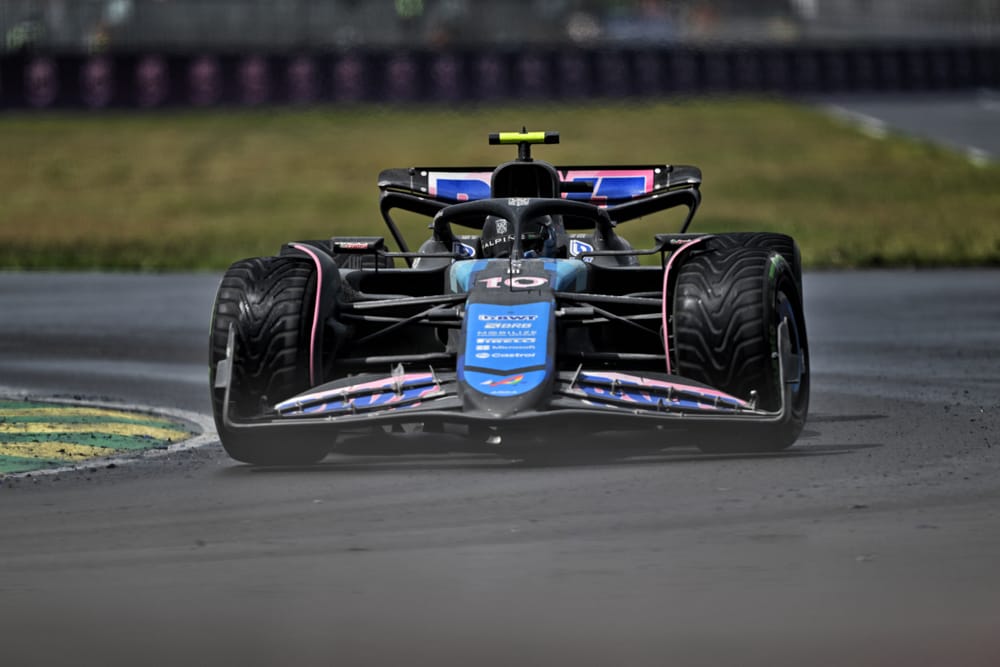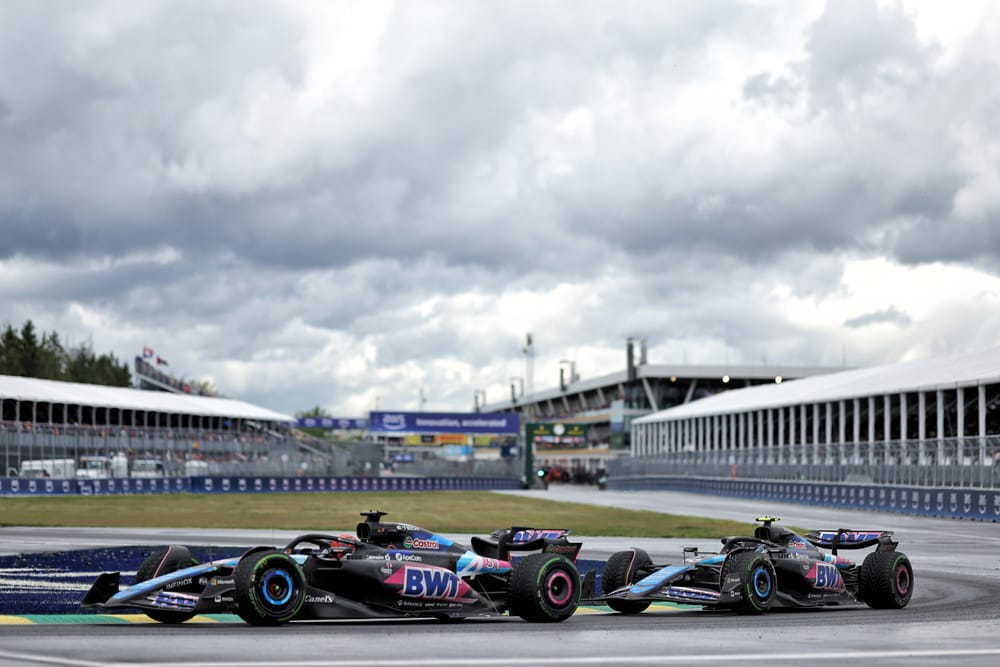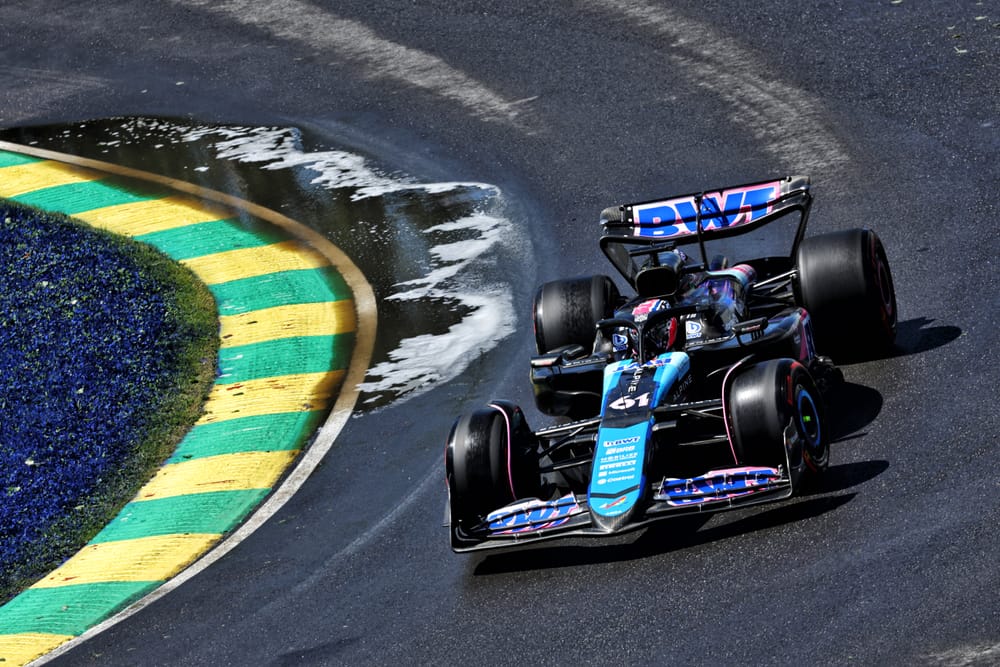Up Next

If Renault rejects its own engine and downgrades Alpine to a customer team for 2026 it would completely discredit its works Formula 1 programme.
The notion that Renault could abandon its engine for the new 2026 rules and seek a supply from another manufacturer has been rumoured in the F1 paddock for a few weeks and has emerged more prominently ahead of this weekend’s Spanish Grand Prix.
It has been reported by the Motorsport Network that team principal Bruno Famin has opened discussions with other engine makers about a potential supply. This follows veteran F1 journalist Joe Saward reporting after last month’s Monaco GP that Renault CEO Luca de Meo was already exploring that path.
While Alpine’s F1 team will not comment on what it considers to be rumours, the reports are consistent with what The Race has heard within a wide range of options de Meo’s thought to be considering for the team he does not quite know what to do with.
Having lurched from crisis to crisis, from a ridiculous driver saga to an extreme turnover of senior staff and now a colossal performance decline, it is no wonder that Renault is at least evaluating its options.
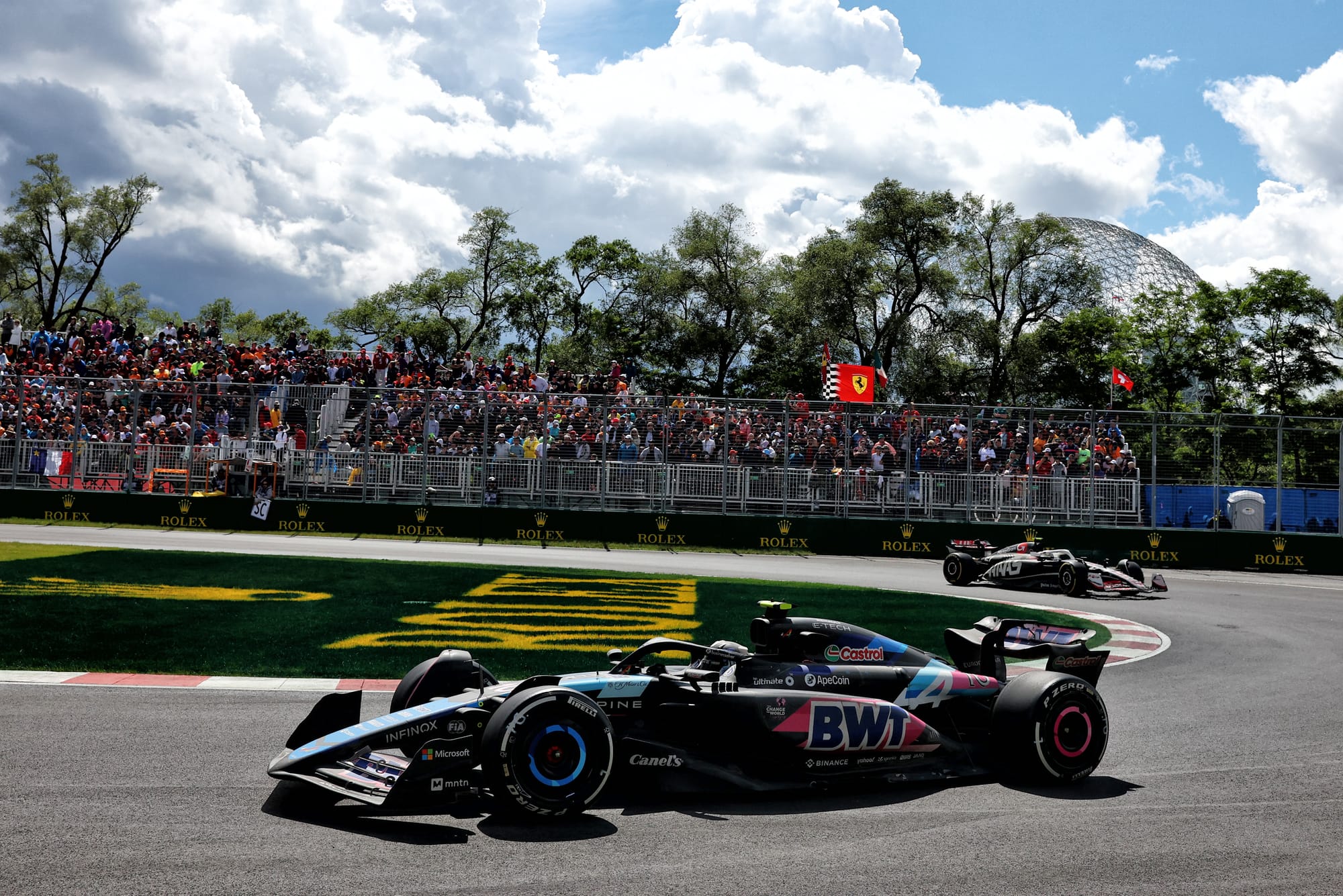
The likeliest outcome is still surely that Renault decides to continue with a full-scale Alpine works team and an engine designed and developed at the Viry-Chatillon facility. But mothballing does seem to be under consideration – and that itself is extraordinary.
While scrapping the works engine would be embarrassing, and a grand admission of failure, to even explore the possibility reflects either a lack of confidence in the Alpine F1 project, a lack of commitment from Renault to back it to the level needed to succeed, or perhaps both.
To willingly cede control of a true works deal – the arrangement all F1 teams covet – would be bafflingly unambitious. While de Meo talks a good game insisting Renault backs its F1 team and has no interest in selling, a conscious forfeit of being a works team will inevitably lead many to the conclusion that offloading it is the only end game.
It should be stressed that this may come to nothing, or is only a mild consideration. Perhaps this is just about establishing a backup plan should Alpine’s F1 engine division fail at the start of the new rules? But there is rarely smoke without fire and many feel that is indeed under consideration in some form.
It says everything about almost a decade of Renault’s haphazard works F1 programme that this is all quite believable. Could Ferrari or Mercedes do this? No chance. Renault wanting a way out of (or to reduce the burden of) an F1 team that it never fully backed in the first place? Even the most dramatic outcome fits the narrative.
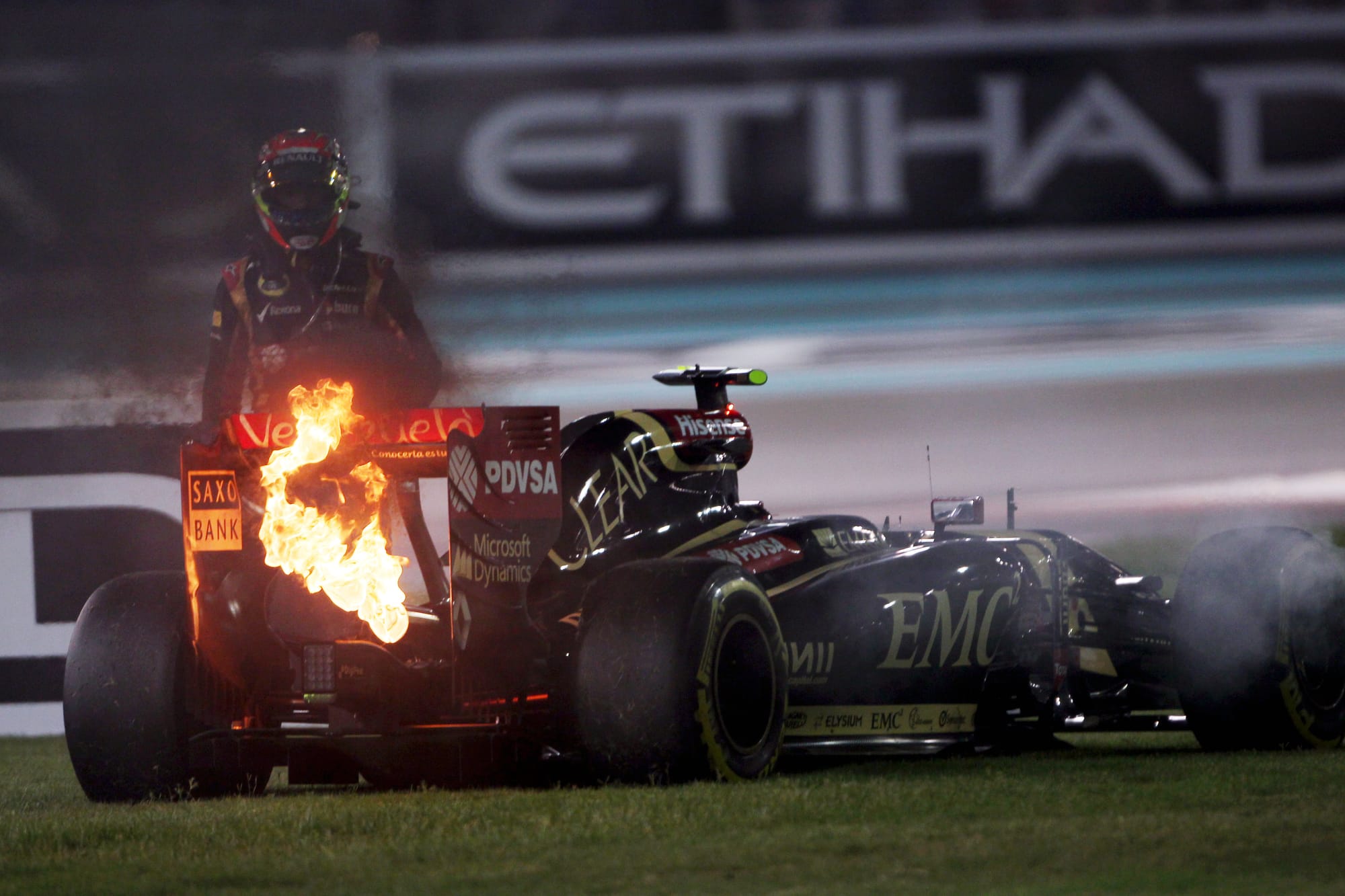
Remember, this is a team conceived on the notion that it could beat the likes of Mercedes, Ferrari and Red Bull at 85% of their size and resources. It is an engine programme that screwed up the start of the V6 turbo-hybrid era so badly that its all-conquering customer Red Bull walked away, and the Renault engine is still eight years later carrying a power deficit worth several tenths of a second in laptime. And it is a car manufacturer that habitually underestimates what it takes to succeed in F1.
The F1 team at Enstone has made its own mistakes. At times, like this year, it has demonstrably underachieved with the resources it does have. But in terms of achieving Renault’s supposed ultimate ambition to succeed, Alpine is in a fight it cannot win.
Senior figures who have been ousted as part of de Meo’s management musical chairs have indicated that the problems with the engine side of the organisation were never fully grasped by Renault. The fact there has been such overhaul on the Enstone side indicated a lot of finger-pointing and, possibly, change for the sake of change.
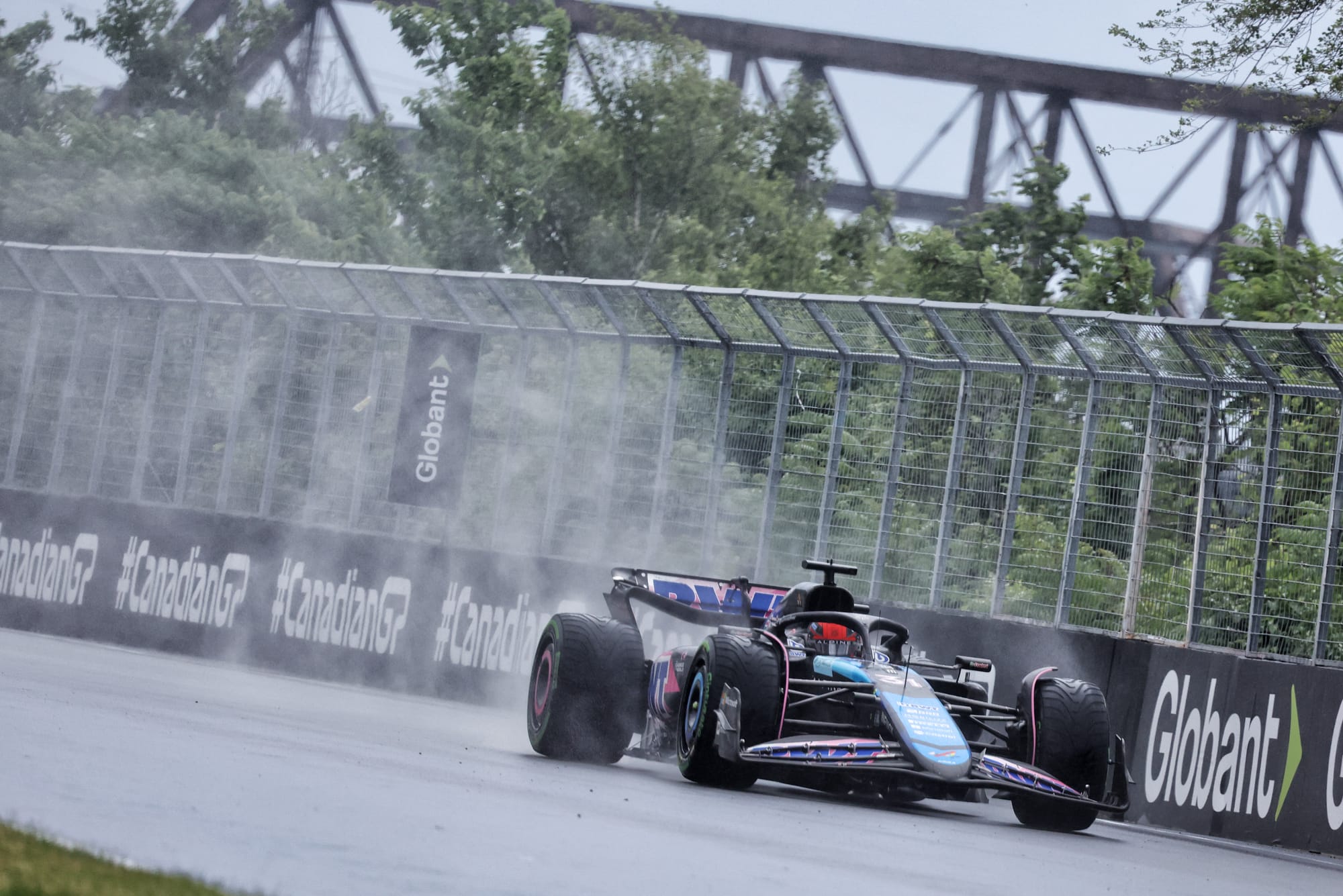
But now the entire engine division might be in the firing line. This begs the question: is there anyone or any part of this that Renault/de Meo trusts?
Famin, now leading the entire F1 operation, was in charge of Viry. That might mean he has a great understanding of its limitations and how to tackle them. A less charitable interpretation is whether the person who oversaw an unsuccessful last-gasp attempt to get its current engine on par with rivals is really best placed to ensure this works team is as good as it can be.
This is not about individuals within the F1 team or on the engine side, though. It comes down to what Renault wants to get out of F1 and what it is prepared to put in to achieve that.
Can it really be satisfied with a pared-back F1 team that just plods along in the midfield using someone else’s engine as an Alpine-only brand exercise? Is there any point in that beyond, at best, satisfying some commercial objectives?
Ultimately, similar arguments could be applied when questioning the value of a colossally unsuccessful and much more expensive works engine. But it’s particularly strange to give Alpine a half-baked F1 team given the amount of work needed to build up that brand and deliver on its expansion targets, when F1 is its best advertising platform.
De Meo said in a recent interview with Autocar that “there is no way we are going to give up” and “we’re not in F1 to be tourists”. If that is true, then exploring a customer engine supply should not be on or anywhere near the table. Because that’s exactly what that kind of arrangement would mean.
And the public emergence of this proposition only exposes the bottom line: that Renault needs to seriously re-evaluate its commitment to F1 and its expectations.

